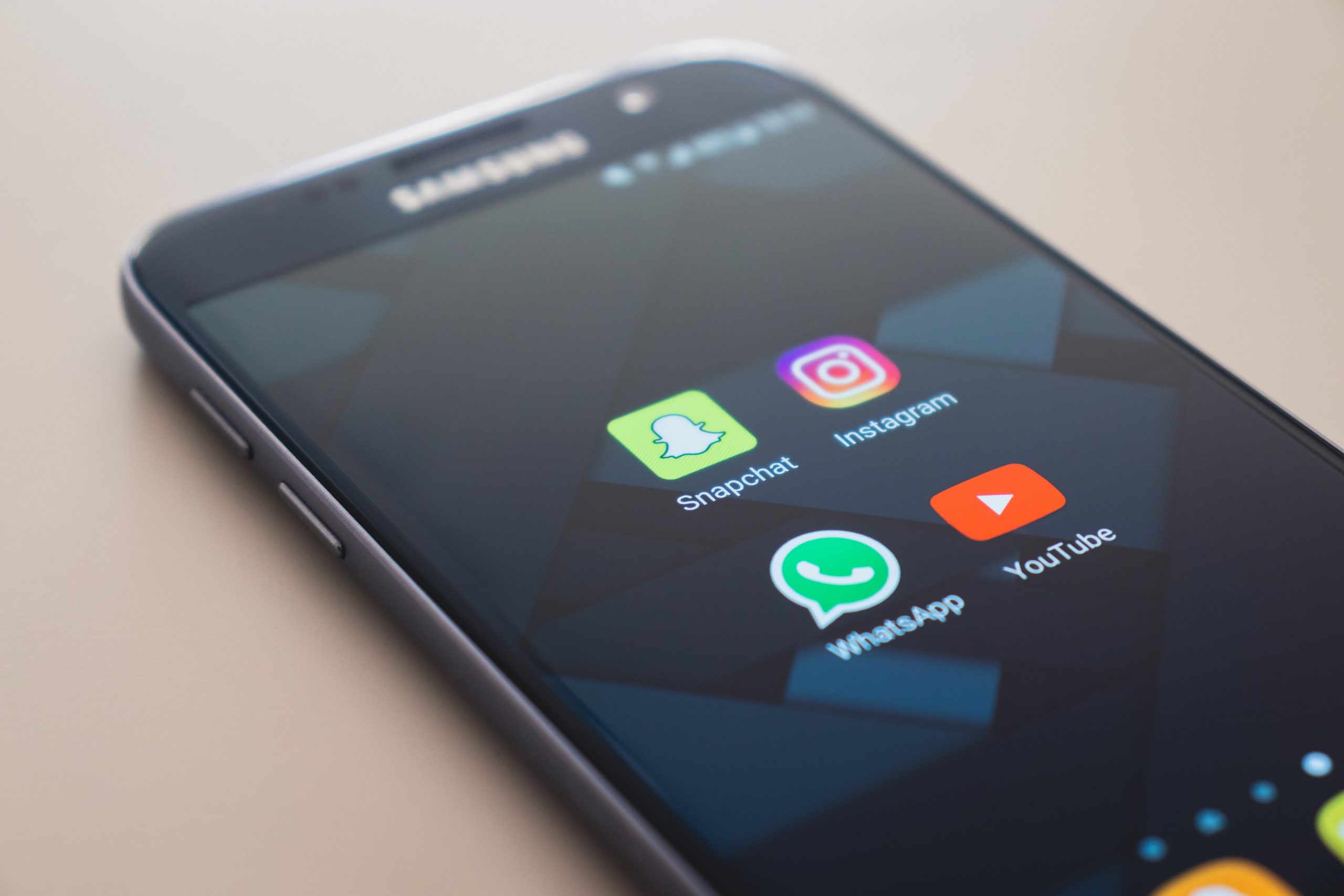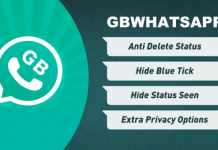WhatsApp is one of the most popular messaging apps on the planet, with over 1 billion active users. But like all popular platforms, it comes with its own set of risks and dangers. In this blog post, we will discuss some of the ways that WhatsApp can be danger and how you can keep your chats safe and private.
What is WhatsApp?
WhatsApp is a messaging app with over a billion users. It’s been used for communication between friends and family for years. Over the past few years, WhatsApp has started to become more popular as a way to communicate with businesses and other organizations.
WhatsApp is generally safe to use. However, like any other online communication platform, it’s important to keep your messages private and avoid sharing personal information. Here are some tips for keeping your WhatsApp safe:
1) Use a secure password: Make sure your password is secure. Don’t use easily guessed words or easily accessible information like your birthdate or phone number.
2) Don’t allow others to access your account: Keep your account only accessible to those you trust. If you don’t want someone else to be able to see your messages, don’t send them in the first place!
3) Avoid sending sensitive information: Don’t share personal information such as passwords, bank account numbers, or social security numbers in WhatsApp messages.
4) Be careful about what you share in group chats: When you join a group chat, be aware of the content that others are sharing and take care not to disclose any confidential information.
5) Use common sense when using WhatsApp: If something feels off about an interaction or message, just stop using the app and consider whether it’s worth risking potentially sensitive information.
How Does WhatsApp Work?
WhatsApp is a messaging app for smartphones that allows users to communicate with each other by sending and receiving messages. WhatsApp is free to download and use, and it is available on most Android devices as well as iPhones and iPads.
To use WhatsApp, you need to create a account. After you have created an account, you can send and receive messages by entering the phone number or email address of the person you are communicating with. You can also add contacts from your phone’s contact list.
WhatsApp uses end-to-end encryption to protect your communications from being accessed by anyone who might be spying on your phone. This means that even if WhatsApp is hacked, the messages you send and receive will remain private.
However, there are some risks associated with using WhatsApp. For example, if your phone is stolen, someone else could access your messages if they have access to your account information or the device on which WhatsApp is installed. Additionally, apps like Facebook Messenger and Snapchat allow third-party developers to access user data so hackers could potentially exploit vulnerabilities in these apps to steal user data or gain access to personal accounts. So while using WhatsApp is generally safe and secure, always keep in mind that there are risks involved no matter what communication platform you choose.
What are the Risks of Using WhatsApp?
WhatsApp is one of the most popular messaging applications on the planet with over 1 billion active users. However, like all apps there are risks associated with using it. Here we outline some of the risks of WhatsApp, what you can do to minimise them, and how law enforcement can access your messages if they need to.
WhatsApp messages are protected by end-to-end encryption which means that no third party (including WhatsApp) can access the contents of the message. This means that even if WhatsApp is forced to hand over user data to law enforcement, it would be unable to decrypt the message for them.
However, there are ways in which WhatsApp messages could still be accessed by law enforcement. For example, if WhatsApp was compelled by a court order to provide decryption keys for all its users then this information could potentially be obtained and used in investigations.
WhatsApp also stores login credentials for its users which could be useful if those users were compelled by law enforcement to provide remote access to their devices or accounts. Therefore, it is important that you keep your password confidential and never share it with anyone else.
Finally, any sensitive information that you share online (such as your bank details or login credentials) is at risk of being compromised if exposed through such channels as social media or messaging applications. It is therefore important that you take appropriate steps (such as password management tools) to protect your online privacy and security
How to Keep Your WhatsApp Safe and Private
WhatsApp is a free voice and messaging app with over 1 billion active users. While it’s popular, WhatsApp also has some security concerns. Here are five ways to keep your WhatsApp safe and private:
1. Use a secure password: Keep your password secure! Make sure it’s at least 8 characters long and includes at least one number and one letter.
2. Don’t share your phone number: Don’t share your phone number with anyone. Anyone who has access to your phone number can use it to access your WhatsApp account.
3. Disable notifications: Turn off notifications for notifications from WhatsApp so you don’t get alerted every time someone messages you or sends a photo.
4. Use a privacy setting: You can choose to set up WhatsApp so only certain people in your contact list can see your messages and photos. This is called “private chat.”
5. Use two-factor authentication (2FA): When possible, use two-factor authentication (2FA) on your WhatsApp account to further protect your data. This requires verification of both the login information and an additional piece of information, like a code sent by text message or an app on your device
Part 1. WhatsApp Privacy and SecurityConclusion
When it comes to messaging apps, WhatsApp is one of the most popular options. However, with so many people using it, there is a risk that your messages could be read and used without your knowledge or permission. In this article, we will look at how WhatsApp privacy and security works and what you can do to keep yourself safe.
WhatsApp uses end-to-end encryption to protect your messages from being read by anyone other than the sender and receiver. This means that even if WhatsApp were to get hacked, your messages would remain private. However, as with all forms of communication, there is always the chance that something could go wrong. Therefore, it is important to take some basic precautions to protect yourself:
Do not share personal information such as bank details or passwords – These are easy targets for hackers who want access to sensitive data.
Only send messages to people you know – If someone becomes threatening or abusive, you may want to report them instead of responding directly.
Keep up-to-date on security updates – Make sure that you are using the latest version of WhatsApp and that you have installed the latest security patches.
If anything feels sketchy or out of the ordinary when messaging someone on WhatsApp, be suspicious and take steps to verify their identity before sharing any information.
Part 2. Is WhatsApp Safe?
WhatsApp is a popular messaging app with over 1 billion users. However, WhatsApp is not without its risks. In this part of our series on WhatsApp safety, we’ll take a closer look at how to keep your WhatsApp messages safe and private.
First and foremost, use a strong password and never share your password with anyone. Secondly, make sure you have the latest version of WhatsApp installed on your device. Updates are available free of charge and improve security and performance. And finally, always be cautious about who you communicate with on WhatsApp – don’t share personal information or send money or goods to people you don’t know well.
Part 3. Keep Your WhatsApp Chat Secure and Private
WhatsApp is a messaging app that has reportedly been used by terrorists to communicate. However, WhatsApp can be used for secure and private communication, provided you take precautions.
To keep your WhatsApp chat safe and private:
-Enable end-to-end encryption. This ensures that only the two people who are communicating are able to see the content of their chat.
-Do not share personal information, such as your full name or address, in your chat messages.
-Keep your phone number and login details private. Do not share them with anyone else.
-Do not use public Wi-Fi networks when you are using WhatsApp. Use a secure connection instead.
Part 4. Protect Your Kids on WhatsApp
WhatsApp is a messaging app with over one billion active users. It’s a great way to stay in touch with your friends and family, but it can also be dangerous if your kids are using it.
WhatsApp is an app that sends messages through the internet, so it’s not as safe as some other apps. If your kids are using WhatsApp, you need to make sure they keep it safe and private. Here are five ways to do that:
1. Set up a password: Make sure your kids always protect their passwords by setting up a strong password. This way, even if they lose their phone, they won’t be able to access any of their messages or photos.
2. Restrict their use: If your kids are using WhatsApp on your phone, you can limit their usage time and download only specific apps on their phones. This way you can monitor what they’re doing and make sure they aren’t sending any sensitive information online.
3. Keep an eye on who they’re talking to: When your kids talk to people they don’t know online, be sure to watch who they chat with and what kind of conversations they have. If something feels strange or risky, talk to them about it – there’s no harm in being upfront about safety concerns!
4. Use a security app: There are several good security apps available for Android and iOS that will



